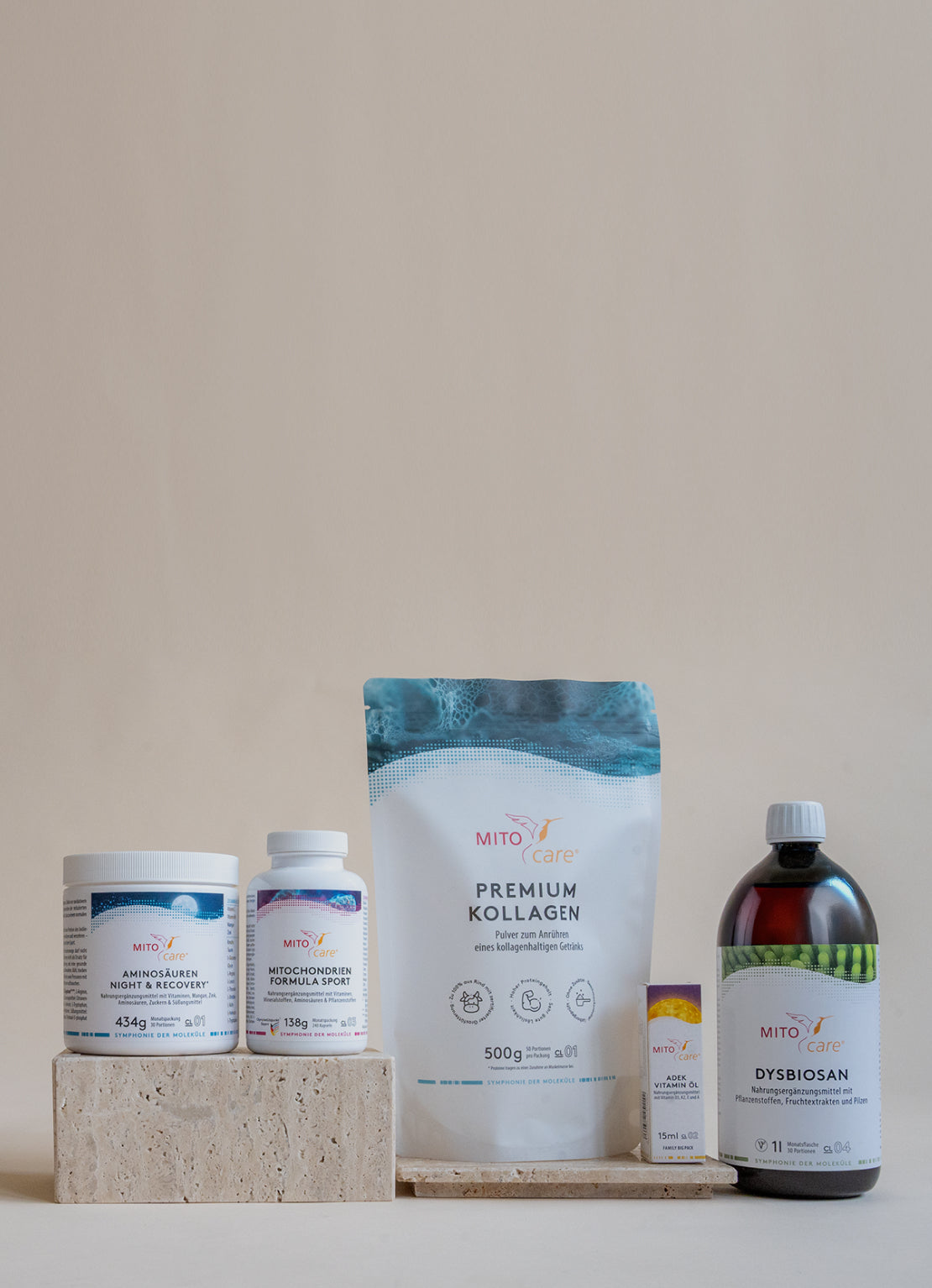

MITOcare
Wartungsmodus
Am Freitag, den 20.02.2026, führen wir ab 09.00 Uhr Wartungsarbeiten in unserem MITOcare Shop durch. Während dieser Zeit wird der Shop für voraussichtlich bis zu einer Stunde nicht erreichbar sein.
Vielen Dank für das Verständnis
Das MITOcare Team
